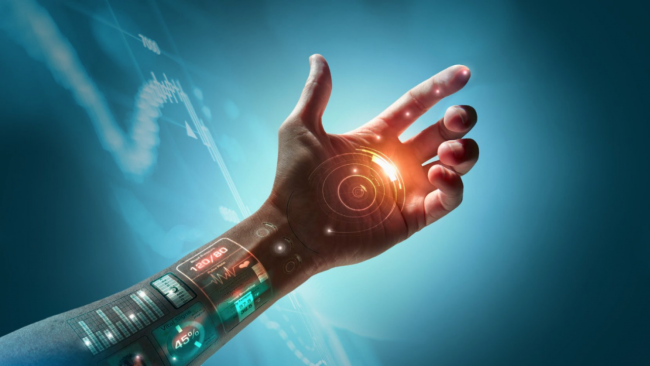The Future of Medicine: How Technology Will Shape Patient Care and Improve Outcomes
Widespread technology adoption is changing how medicine works, from healthcare techniques to the patient user experience.
Doctors, nurses, and patients will see more involvement with medical care, less non-medical overhead, and better health results, along with—hopefully—a reduction in patient costs. Improvements in medical care technologies are expected to bring significant benefits for patients, giving them more control over their ability to self-direct their care. Advances will also help medical professionals who are under pressure to deliver life-saving results while also handling all the compliance paperwork demanded today. In addition, medical professionals will be able to more carefully sculpt medical procedures to patients’ needs and deliver more accurate, personalized diagnoses to direct treatments.
Or at least that’s the intent of a lot of smart people working to improve the experience.
What you need to know
A lot is changing, quickly. This 57-page report gives you a heads-up on the technologies impacting medical care, in the near future and looking a bit further out. You’ll find information on:
- Technology that’s improving all aspects of patient care
- Reduced patient costs
- Improved security for information and devices
- Smart medical spaces
- Prescriptions that include food
- Integration of personal devices into healthcare
Medical care is seeing rapid changes as technology becomes integrated into processes, patient records, diagnostics, and even what people eat. Making use of the technological edge and the rapidly increasing amount of data that can be discovered, analyzed, and applied is changing the day-to-day way medicine works. This report covers the following areas:
- Medicine depends on technology to improve the future: Technology is improving all aspects of patient care, with specialized tools and better and faster analytics, reducing workloads and improving outcomes.
- Analytics leads the way to cost reduction: Improvements ranging from better facility management to more efficient supply chain operations are resulting in reduced costs to patients.
- New tech demands new security: With medical IoT becoming commonplace, the security-first model becomes primary. A fully integrated security model needs to be deployed, with the average hospital bed today hosting more than a dozen IoT devices.
- Medical facilities are getting smarter: Real-time digital integration, hospital-wide AIs, and smart medical facilities are working together to improve patient results.
- You are what you eat: Prescription food combined with integrated personal devices will have a big impact on patient healthcare.
- Healthcare’s future is digital: New technologies will integrate wearable devices into patients’ healthcare, streamline and improve processes, and cut waste—reducing costs, improving care, and creating happier and healthier patients.













